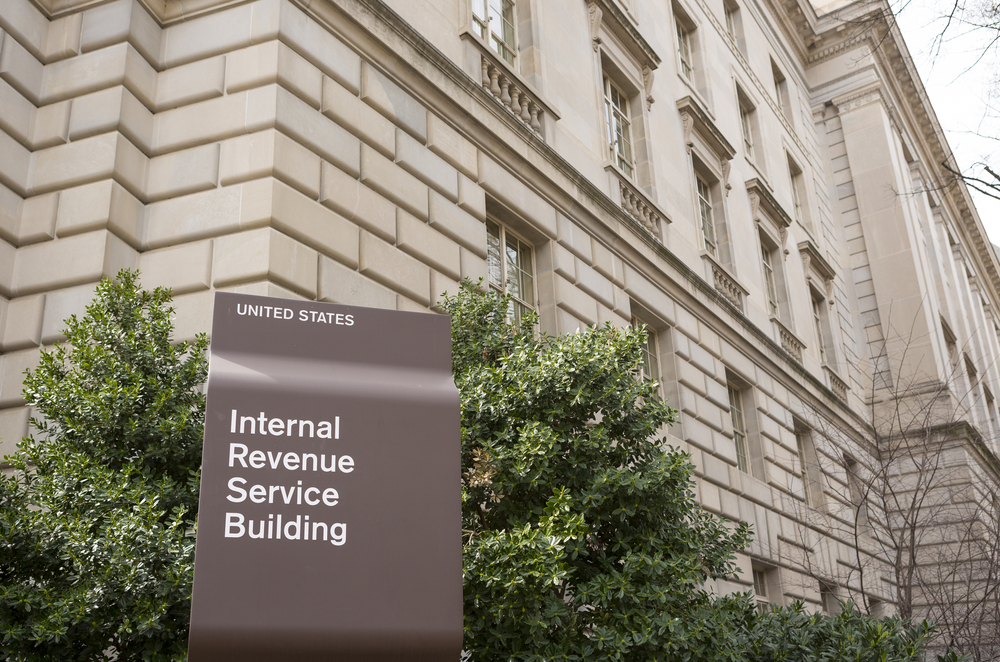As Congress works on a $6 trillion spending bill that would be funded by higher taxes and increasing the national debt, Americans should be asking themselves: When is taxation morally permissible?
Taxation is justified only when the moral benefits of the programs these tax dollars fund outweigh the moral costs, or downsides. Taxation has “Moral weight,” by which I mean it requires good justification in order to be morally permissible. Laying off an employee is another example of an action with moral weight: Sometimes it is morally permissible or even right to lay off an employee, but only when done after a cautious and solemn analysis of the moral costs involved.
Whether or not we view taxation as having moral downsides and bearing a moral weight has significant implications for the proper size of government and can make a world of difference in public policy decisions.
Here are three often overlooked reasons why taxation has a moral weight.
First, taxation infringes private property rights. In most cases, it coerces people to turn over their property against their will. It forcibly takes what rightfully belongs to someone, whether that money was earned through one’s own labor or received as a gift. For this reason, while taxation is not morally equivalent to theft, it is fair to call taxation a cousin of theft. The same moral problem we have with theft should lead us to use taxation cautiously.
Second, taxation has a large opportunity cost. People use their money to take care of their families, pursue their passions and dreams, and donate to charities they support. The more money the government takes from someone, the less that person has to pursue these ends. Taxes are usually supposed to fund services that provide a fair amount of value back to the taxpayer. But a moral analysis of taxation should consider not just the value gained through government expenditures, but the value that would have been gained if that money had not been taken. If the government took less money, more would be given to charities, reinvested in businesses, and spent in our communities.
Third, taxation violates freedom of conscience. Regardless of who you are, there are likely government expenditures that you disagree with on moral grounds. Controversial government expenditures have included wars in the Middle East, construction of a Mexico-United States border wall, funding of Planned Parenthood, and Guantanamo Bay. The point here is not that these expenditures are in fact immoral. Rather, because a large percentage of taxpayers deeply believe these expenditures are immoral, these uses of tax dollars violate many Americans’ rights of conscience.
Suppose Abigail pickpockets Amir’s wallet. This is an immoral action. But now suppose that Amir is a devout Muslim who believes that pork consumption is immoral, and that Abigail donates the money in Amir’s wallet to a pork lobby. Doing this would make Abigail’s action even more objectionable. The government likewise bears an additional moral weight when it spends tax revenue on expenditures that violate many of its citizens’ ethical or religious beliefs.
These reasons show that while taxation is sometimes necessary and morally permissible, it should only be implemented after a careful moral analysis of the tradeoffs involved. This understanding should drive a conversation on reforming the tax system.
Consumption taxes and lotteries, each with their own problems, seek to reduce the involuntary nature of taxation and thereby solve the first moral weight discussed. Taxing the rich is often proposed to reduce the second moral weight, since the richer someone is, the less utility they will generally derive from additional money. Reconsidering highly controversial government programs may reduce the third moral weight.
No tax system, however, can entirely avoid the three moral issues discussed. A moral government will therefore tax its citizens only to fund expenditures with necessity and moral worth that outweigh the moral weight on the other side of the scale.

